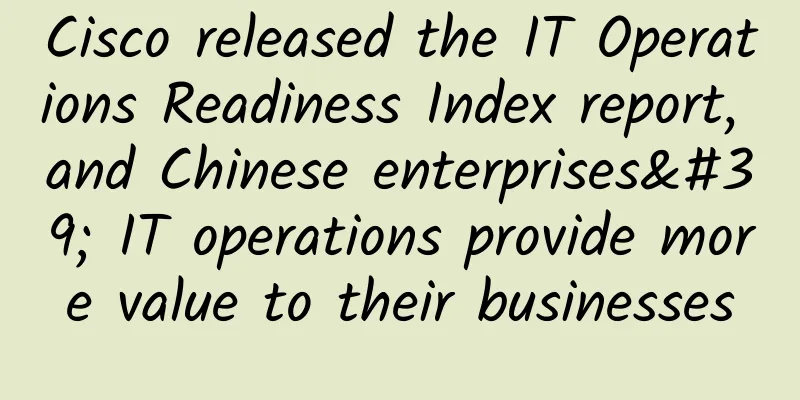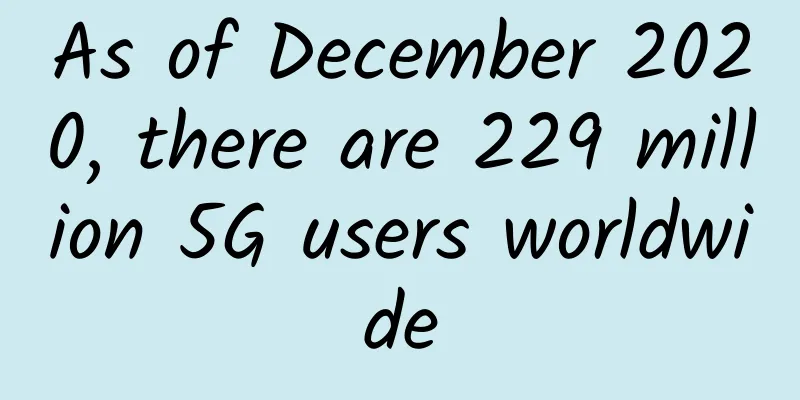5G cannot be rushed into implementation. Three new 4G/5G vulnerabilities have been exposed

|
In 2019, 5G has been promoted in full swing, but the security threats that come with it cannot be underestimated. Because now a group of foreign researchers have discovered three new vulnerabilities in 4G and 5G, which can not only be used to intercept calls, but also track and locate them, which urgently needs more attention. According to foreign media, the three vulnerabilities discovered are Torpedo, Piercer and IMSI-Cracking attacks, which may affect most 4G or 5G networks in the world. Of course, the degree of impact may vary. The first Torpedo attack, and the most important one, exploits a weakness in the cellular paging protocol (which carriers use to notify mobile phones before incoming calls or text messages). Making and canceling mobile phone calls in a short period of time can trigger the paging protocol without notifying the target device of an incoming call, allowing the attacker to track the victim's location. Torpedo can also insert or block messages like Amber alerts. Based on the Torpedo vulnerability, attackers can also advance two other vulnerabilities. Researchers pointed out that the Piercer vulnerability allows attackers to determine the International Mobile Subscriber Identity (IMSI) number on 4G networks. Another vulnerability, called IMSI-Cracking, can brute-force IMSI numbers on both 4G and 5G networks, even if they are encrypted. This means that even if you have a brand new 5G phone, your calls and location information can be spied on by listening devices like "Stingrays". It is reported that the four major operators in the United States are currently affected by the Torpedo vulnerability attack, and the radio equipment required to launch the attack costs as little as US$200, which poses a great threat. Fortunately, the above three vulnerabilities are not permanent defects, but it still takes some time to fix them. Among them, Torpedo and IMSI-Cracking vulnerabilities require the industry cellular standards organization GSMA to provide patch solutions. And the Piercer vulnerability will require operators to intervene and solve it. |
<<: TCP state transition and production problem practice
>>: How to play the NB-IoT game in 2019?
Recommend
edgeNAT Spring Festival promotion, 30% off for monthly VPS/40% off for annual VPS, multiple data centers in Korea/USA/Hong Kong, etc.
edgeNAT is a Chinese hosting company established ...
With the advent of 5G, the development prospects of communication test instruments are promising
In recent years, China's microwave test and m...
The operators’ new tiered packages, aren’t they still “the same bowl of soup”?
In the past, mobile phone users would go out like...
A magical little tool that turns URL addresses into "ooooooooo"
I found a very creative gadget website. As shown ...
With the advent of the 5G era, will the divorce rate drop?
01 The divorce rate remains high during the epide...
IoT smart home solutions create intelligent products based on scenarios
"Connected World: Smart Homes Are Key to Fut...
What is the significance of “number portability”?
For domestic users, "number portability"...
QQ and WeChat will realize IPv6 transformation within this year. Why Tencent embraces IPv6
[[255035]] On January 7, Tencent Cloud Vice Presi...
DesiVPS launches NVMe hard drive series Los Angeles VPS starting from $20 per year
DesiVPS sent a new email saying that it has launc...
Cisco releases new developer capabilities for intent-based networking platform
Cisco today announced new developer capabilities ...
Why is transceiver testing critical for a smooth connection?
In today's interconnected world, achieving su...
Kunming will have a "big move"! Yunnan-Huawei Software Industry Summit will take you to witness the "soft power"!
[51CTO.com original article] On December 20, the ...
Ministry of Industry and Information Technology: my country's 5G mobile terminal connections reached 365 million, accounting for more than 80% of the world
On August 3, at the 2021 Global Digital Economy C...
Network Slicing "Hot Pot Theory": Same Pot, Different Dreams
In the dog days of summer, when people are "...
NB-IoT smart door magnet market stimulated by the epidemic
In 2020, at the beginning of the new year, a &quo...









